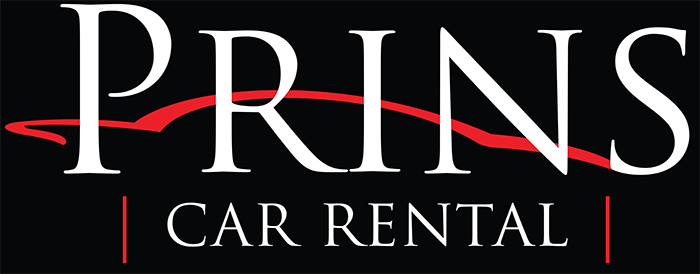Language
Bonaire's native language is Papiamentu: a Creole blend of African, Spanish, Portuguese, Dutch, French, English, and Arawak Indian. As Bonaire is part of the Netherlands, Dutch is the official language and the sole language for all administration and legal matters. However, according to the 2001 census, it is the main language of only 8.8% of the population. The most widely spoken language is Papiamentu, which is the primary language of 74.7% of the populace and is recognized by the government.
Historians believe that Papiamentu — derived from the Portuguese “papear” (to speak or converse) — originated in the 17th century as a means of communication between slaves, who hailed from various African regions, and their Portuguese masters. Unlike other Creole languages, Papiamentu is spoken through all levels of society and has become a major characteristic of the island’s identity.
- Bon bini - Welcome
- Bon dia - Good morning
- Bon tardi - Good afternoon
- Bon nochi - Good night or good evening
- Kon ta bai? - How are you?
- Mi ta bon, danki - I am fine, thank you
- Kon yama bo? or Kon ta bo nomber? - What's your name?
- Mi yama... or Mi nomber ta... - My name is...
- Mi ta bini di... - I am from...
- Danki - Thank you
- Di nada - You're welcome
- Te akiratu - See you later
- Homber - Man
- Muhe - Woman
- Muchanan - Children
What to wear
For the most part, casual, informal summer clothing is the rule in Bonaire. Women may want to bring along a hat, the constant trade wind, while refreshing, is not compatible with a carefully arranged hairstyle.
If you plan to visit the island's elegant restaurants, night clubs or casinos, one or two dressier outfits would be appropriate. As for bathing suits, please remember that they're acceptable only on the beach, and not on the streets or most establishments.
Tap water
Tap water is distilled directly from the sea, tastes good, and is safe to drink.
Cellular phone. Wifi connections
Bonaire's country telephone code is +599. This is usually followed by a phone number with 7 digits. While Bonaire has cellular phone service (GSM), roaming services for other cellular company customers can be very expensive!
Solution: If your phone is sim-lock free, buy a PrePaid-sim card.
TIP!: Calling through Skype, WhatsApp, Messenger, or VoIP is cheaper when you have (Free) WiFi connection.
Cell phone reception is good almost everywhere on the island but some remote locations may have spottier service than downtown. Almost 100% of all accommodation options will have some form of wifi at the premises for you to use, and you'll find many open wifi networks.
Local travel
The public transport on Bonaire is very limited. We recommend you strongly to rent a car.


